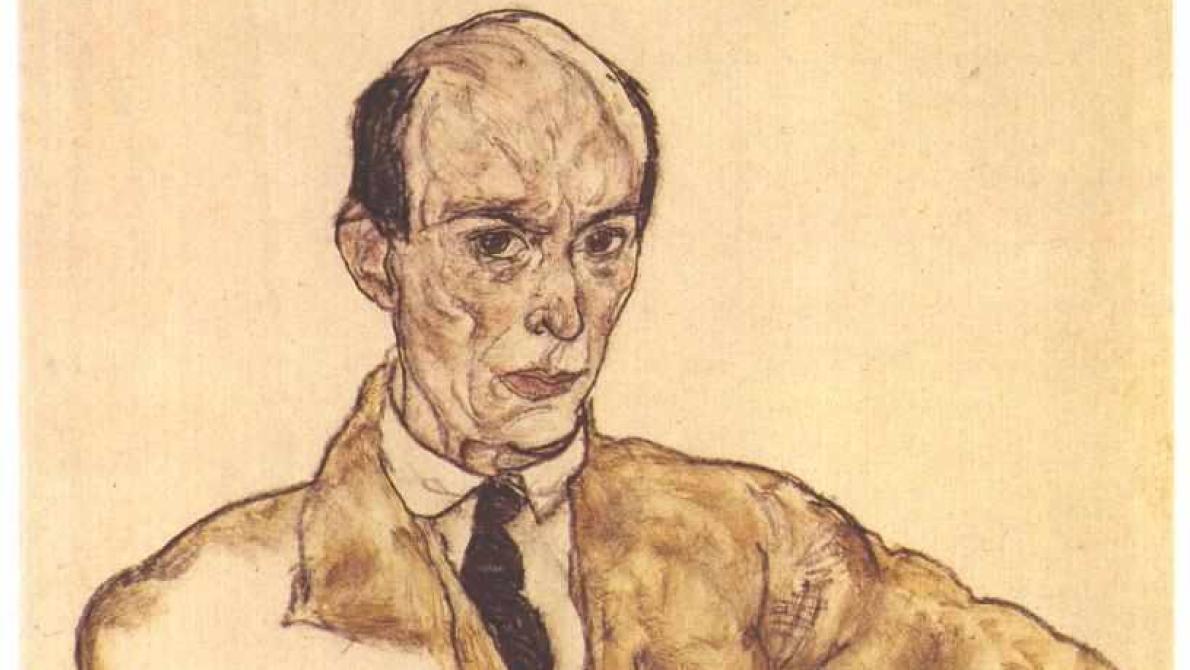
In 1912, Schönberg composed one of his most famous works, Pierrot lunaire, to texts by the Belgian symbolist poet Albert Giraud. In it, he proposed a new way of using the voice, the Sprechgesang, because, as he said, "Pierrot is not sung". In a German translation by Otto Erich Hartleben, the work offers a corrosive, ironic and brilliant take on Pierrot's visions, with a strong influence from Berlin cabaret, which was very fashionable at the time.
Hanns Eisler, a pupil of Schönberg who often collaborated with Bertolt Brecht, was also influenced by Berlin cabaret and jazz. In 1941, on the occasion of Schönberg's 70th birthday, Eisler took up the dodecaphonic technique taught by his teacher and wrote Fourteen ways of describing rain, which illustrates the film Regen by Dutch filmmaker Joris Ivens.
Voice: Marianne Pousseur
Les Solistes de la Chapelle Musicale de Tournai
Violin/viola: Laurent Houque
Viola: Hugo Ranilla
Cello: Cyril Simon
Flute/piccolo: Marianne Jossinet
Clarinet/bass clarinet: Anna Ferrandis Vila
Piano: Thomas Dieltjens
Musical direction: Philippe Gérard
Musical program:
Hanns Eisler (1898 - 1962), Vierzehn Arten den Regen zu beschreiben op.70 (1941) on a film (Regen) by Joris Ivens
Arnold Schönberg (1874 - 1951), Pierrot lunaire, op.21 (1912) 21 songs on poetic texts by Albert Giraud.
More info: https://www.festival-artonov.eu/event/pierrot-lunaire